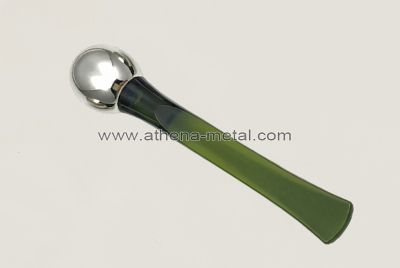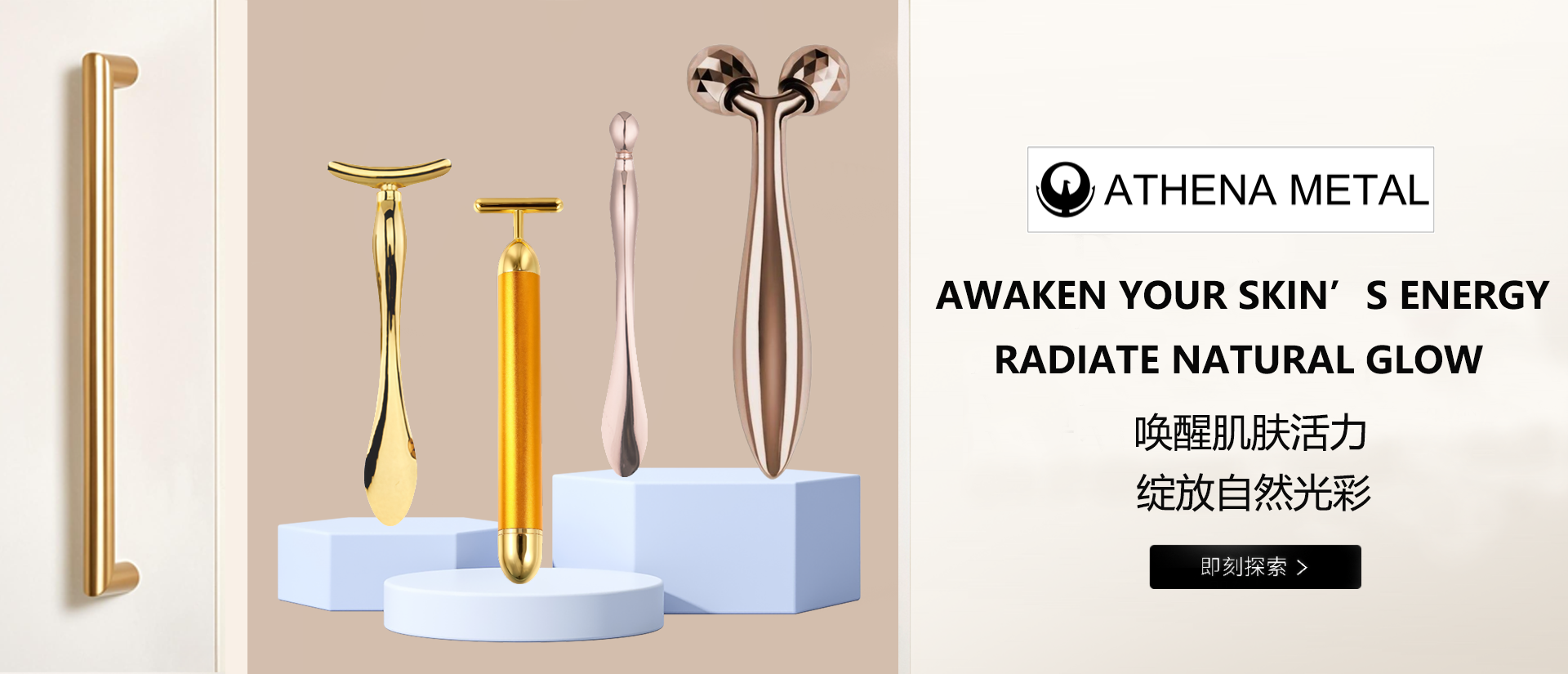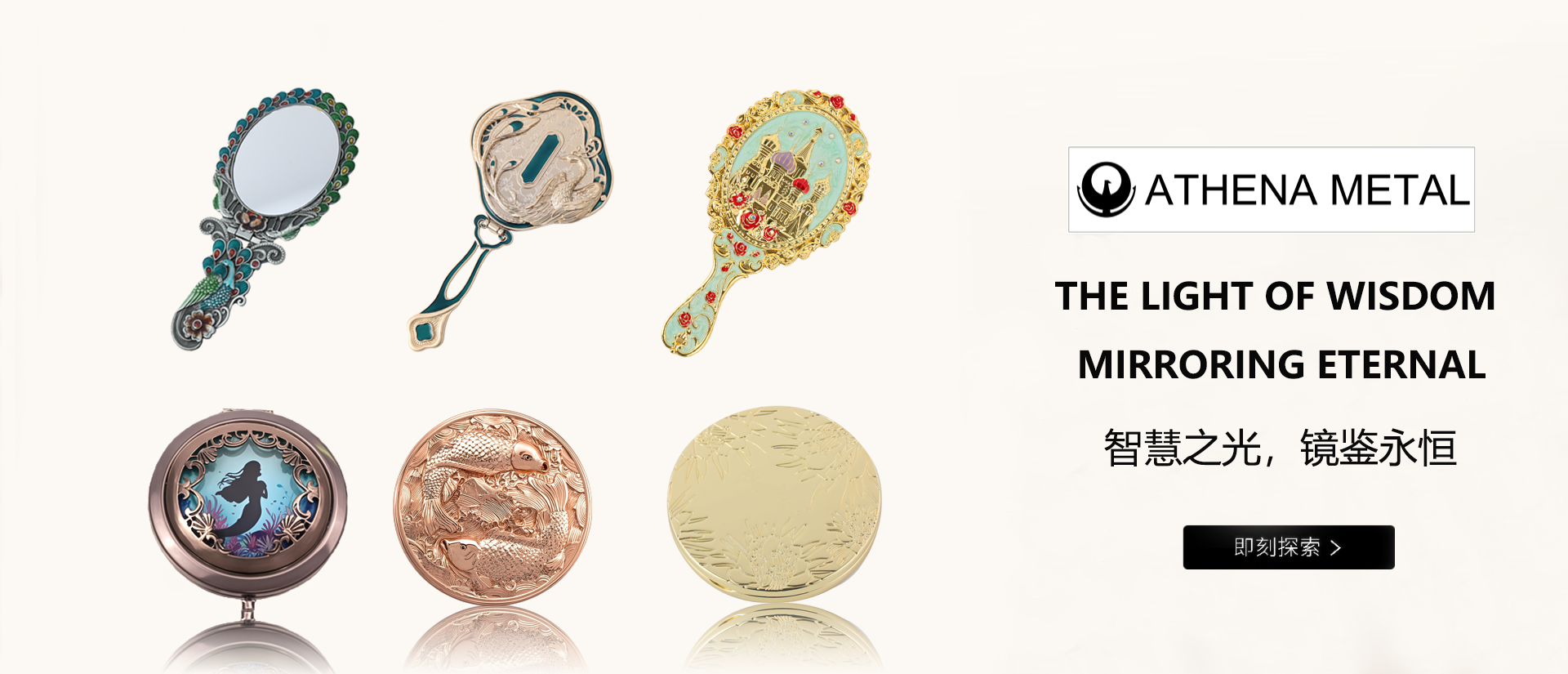When To Consider Eye Cream
 Apr. 26, 2021
Apr. 26, 2021
When To Consider Eye Cream
You should consider using eye cream if...
Your cream is too irritating to use around the eyes.
Even if you like your regular moisturizer, it may be too harsh and irritating for your sensitive eye area. These ingredients may cause problems near the eyes:
Spices and essential oils
Alpha-and beta-hydroxy acids
l-Ascorbic acid and ascorbic acid tetraisopalmitate (vitamin C)
Retinol
Avobenzone and oxybenzone (sunscreens)
You don't have to give up your moisturizer if you can tolerate moisturizers on other parts of the face well-just buy a separate eye cream that does not contain these factors.
Your cream is too light or too heavy to apply to the eye area
Another reason for using eye cream is that the texture of your cream may not be correct.
Maybe you have oily skin, so you usually only use light gel or gel-cream moisturizer. But because it doesn't have as many oil glands-your eye area may need more moisture than the rest of your face. Therefore, it is necessary to use more nutritious creams.
On the other hand, your moisturizer may be too greasy for your eyes. This will make it difficult for you to apply eye makeup, but that's not all. A thick eye cream can penetrate your eyes (especially when you are lying down at night), causing irritation and puffiness. They can also cause milia lumps.
You want to treat fine lines or puffiness
If you are worried about crow's feet and eye bags, you can use eye creams that contain active ingredients instead of moisturizing creams.
For wrinkles, retinoids are the gold standard, so look for eye creams that contain retinol, retinal, or retinoic acid esters. They will not be as effective as formulas used on other parts of the face, but over time they will help restore collagen and smooth wrinkles.
For puffy eyes, caffeine and green tea extract can help temporarily constrict blood vessels and reduce swelling. They usually appear in eye treatments, not creams.
Your anti-aging treatment is too irritating and does not work around the eyes
Maybe you are already using retinol, l-ascorbic acid or alpha-or beta-hydroxy acid, and other treatments, but you just can't tolerate it close to your eyes. In this case, if you want to do something about the signs of aging around the eyes, eye creams with non-irritating active ingredients are the next best choice.
When you may not need an eye cream
You may not need to use eye cream alone, if...
You can tolerate the cream around the eyes
If your existing cream is effective for you, then eye cream is a "good possession", but it is not a must. As long as you like its texture and you get the effect you want, there is no reason why your moisturizer should not be applied to the entire face, including the eye area.
You can't stand most eye creams
Even though eye creams are particularly mild, they can still cause annoying irritation to some people (including myself). As a person with sensitive eyes, I find that many eye creams make the skin under my eyes dry and wrinkle, even though they promise to moisturize!
Also, remember that topical products are not the only way to treat the eyes.
You Can Tolerate Your Anti-Aging Treatment Around Your Eyes
Contrary to what you might think, you can apply retinoids and L-ascorbic acid served and around your eyes.
So if you've been able to use your go-to anti-aging treatment all over, then consider yourself lucky! Compared to eye cream, It will have a much higher concentration of active ingredient - which means better and faster results.
Just be sure to go slow, and always protect your eye area (as well as the rest of your face) from the sun, since retinoids can increase photosensitivity.
You can tolerate anti-aging treatments around your eyes
Contrary to what you might think, you can apply retinoids and L-ascorbic acid under and around your eyes.
So, if you've been able to use your anti-aging treatments, consider yourself lucky! It has a higher concentration of the active ingredient than an eye cream, which means it works better and faster.
Just make sure to move slowly, and always protect your eye area (and your face) from the sun, as retinoids increase light sensitivity.
You Want to Treat Dark Circles
If you were thinking about investing in an eye cream solely to fade darkness, that might not be the best strategy. Some of the most common causes for dark circles are food allergies, low thyroid function, and hollowing under the eyes - and in these cases, an eye cream won't help at all.
But if the darkness is actually hyperpigmentation, then an eye cream could be useful if it contains brightening ingredients such as vitamin C, kojic acid, or niacinamide.
You can choose an eye cream applicator. A metal applicator for eye cream may be a good idea.










